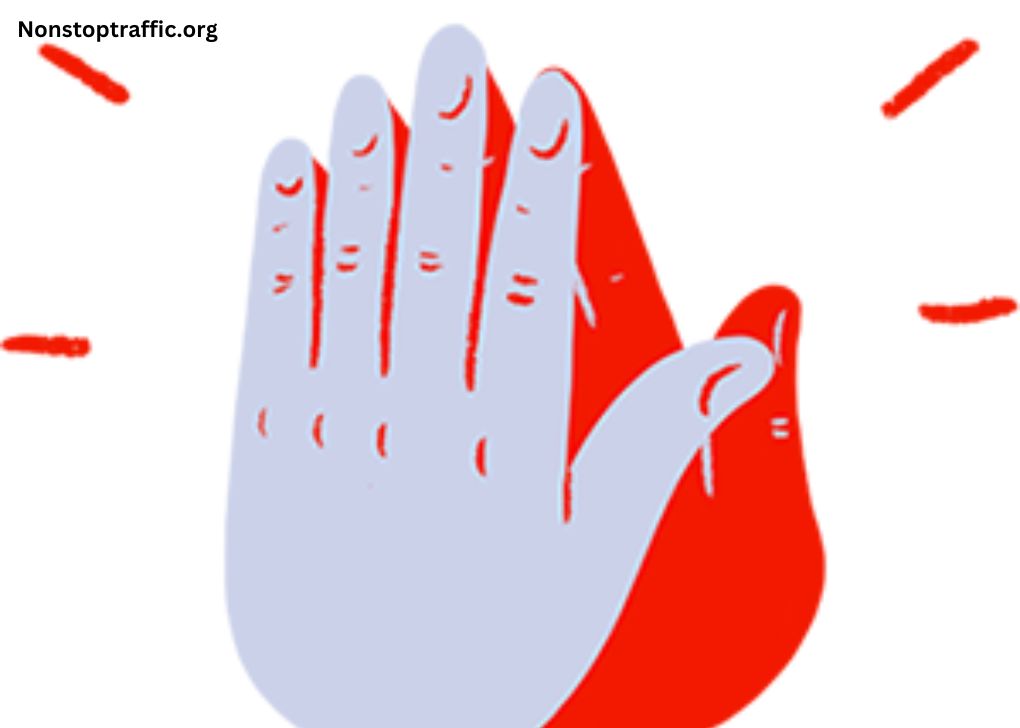Copywriting is the art of creating written content that promotes a product or service. It is an essential component of any marketing campaign, and effective copywriting can have a significant impact on the success of your business. Pointed copywriting, in particular, is a style of writing that aims to create a strong emotional connection with the reader and encourage them to take action. In this blog, we will explore the power of pointed copywriting and how it can help you connect with your audience and drive conversions.
What is Pointed Copywriting?
Pointed copywriting is a style of writing that is designed to create a strong emotional connection with the reader. It is often used in marketing campaigns to create a sense of urgency or desire in the reader, encouraging them to take action. Pointed copywriting uses emotional triggers, such as fear, excitement, or desire, to create a strong emotional response in the reader.
Benefits of Pointed Copywriting
- Creates a Strong Emotional Connection with Your Audience Pointed copywriting is highly effective in creating a strong emotional connection with your audience. By using emotional triggers in your writing, you can tap into your reader’s desires, fears, or pain points, and create a sense of urgency or desire in them. When your audience feels an emotional connection to your brand, they are more likely to engage with your content and take action.
- Drives Conversions The ultimate goal of any marketing campaign is to drive conversions, whether that’s sales, sign-ups, or downloads. Pointed copywriting is highly effective in driving conversions, as it creates a sense of urgency or desire in the reader. By using language that encourages your reader to take action, you can increase your conversion rates and drive more sales.
- Sets Your Brand Apart Pointed copywriting can help your brand stand out in a crowded market. By creating content that is emotionally engaging and memorable, you can create a lasting impression in the minds of your audience. When your audience remembers your brand, they are more likely to engage with your content and become loyal customers.
Tips for Writing Pointed Copy
- Know Your Audience The first step in writing effective pointed copy is to understand your audience. You need to know who they are, what their pain points are, and what motivates them to take action. Spend time researching your audience to gain a deeper understanding of their needs and desires. This will allow you to tailor your content to their specific needs and create messaging that resonates with them.
- Use Emotional Triggers Emotional triggers are an essential tool in creating a pointed copy that resonates with your audience. Use language that appeals to your reader’s emotions, such as fear, excitement, or desire. Use vivid language and descriptive adjectives to create an emotional response in your reader. When your audience feels a connection to your copy on an emotional level, they are more likely to take action.
- Keep it Simple The best copy is often the simplest. Avoid using jargon or technical language that your audience may not understand. Instead, use clear and concise language that is easy to read and understand. Use short sentences and paragraphs to make your copy more scannable and visually appealing. When in doubt, remember that less is often more.
- Focus on Benefits, Not Features When writing printed copy, it’s essential to focus on the benefits of your product or service, not just the features. Your audience wants to know how your product or service will improve their lives or solve a problem they’re facing. Instead of just listing the features of your product, focus on how those features will benefit your audience.
- Create a Strong Call to Action A strong call to action (CTA) is essential in motivating your audience to take action.
